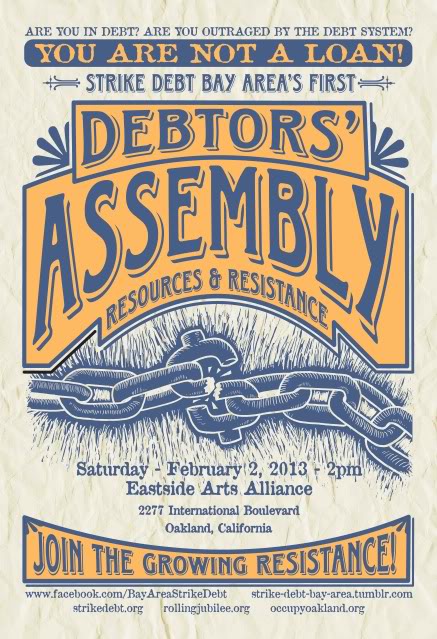Staring at the Debt Ceiling

This year, the Townsend Blog will feature a series of posts from members of its Working Groups. The Rethinking Debt working group seeks to better understand the distinctive place of debt in contemporary capitalism. In this post, Hannah Birnbaum, co-coordinator of the group, explains how Marx and Nietzsche can help us better understand contemporary political discourses about debt.
“Unprecedented default could result in recession comparable to or worse than the 2008 financial crisis.”
– US Treasury Department
“Medicare, Medicaid, Obamacare, those are the big drivers of our debt…ultimately we have to rethink all of our nation’s healthcare laws.”
– Rep. Paul Ryan
Debt has a long history that is interwoven with concepts of capitalism and democracy, liberalism and empire, sovereignty and the state. Indeed, to consider the genealogy of debt is to expose it as a relation laden with political and economic significance. Nietzsche and Marx both saw the importance of thinking through debt, examining the origins of particular kinds of relationships between creditors and debtors with attention to the social and material arrangements they generated.
Nietzsche famously traced the process by which debt became a bond of tremendous moral obligation. Transformations in the notion of owing, he asserted, formed humans into eminently responsible beings suffused with feelings of guilt. Marx chronicled the genesis of the modern national debt, arguing that sovereign borrowing constituted a tool to dispossess citizens of their individual and collective resources. Given our recent brush with government default and the potential for a second go-round early next year, it is useful to explore how these insights might inform the way we read the politics of the debt ceiling.
The panic created by the debt ceiling standoff in October was a stark reminder of the foundational role debt plays in the stability and health of financial markets and the wider economy. Economic experts and foreign leaders chastised the American government for its brinksmanship, warning that a failure by the United States to make good on its obligations could produce a global financial meltdown and recession. The possibility of an American default on its sovereign debt led investors to demand higher interest rates on short-term Treasury bonds, raising the costs of government borrowing and potentially slowing economic growth.
The struggle over our sovereign borrowing limit revealed how debt can be used to renegotiate the duties of government and the burdens of the governed. Congressional Republicans practiced a strategic politics of default, striving to make the rollback of public healthcare entitlements a condition for paying the state’s bills. Their effort, which focused primarily on dismantling the Affordable Care Act, but also invoked the need to cut Medicare and Medicaid, was meant to shift the costs of getting sick and staying well back onto the shoulders of individual citizens.
These debates are political strategies that construct the national debt as a failure of fiscal responsibility. They recall Nietzsche’s analysis of debt as a moral problem, framing our financial obligations as profligate borrowing and casting spending on public goods as ethically negligent. They also bring into focus how the national debt can, as Marx suggested, operate as a means of dispossession. In this case, a manufactured crisis of repayment became an argument for depriving the sick, the poor, and elderly of access to medical care and broader social security.
These discourses of debt structure the ways we understand what we owe financial creditors and one another, shaping distributions of power and wealth. They are of course global in their reach, having been deployed in the context of structural adjustment programs and more recently during the debt crises in Greece and Spain. These narratives compel students of the humanities to revisit classical texts so that we might understand debt’s entanglement with constructions of morality and processes of dispossession, and so that we might pose critical questions. To whom must we repay our debts, for what reasons, and to what ends?